Home>Articles>How Long Does A 50 Gallon Water Heater Take To Heat Up
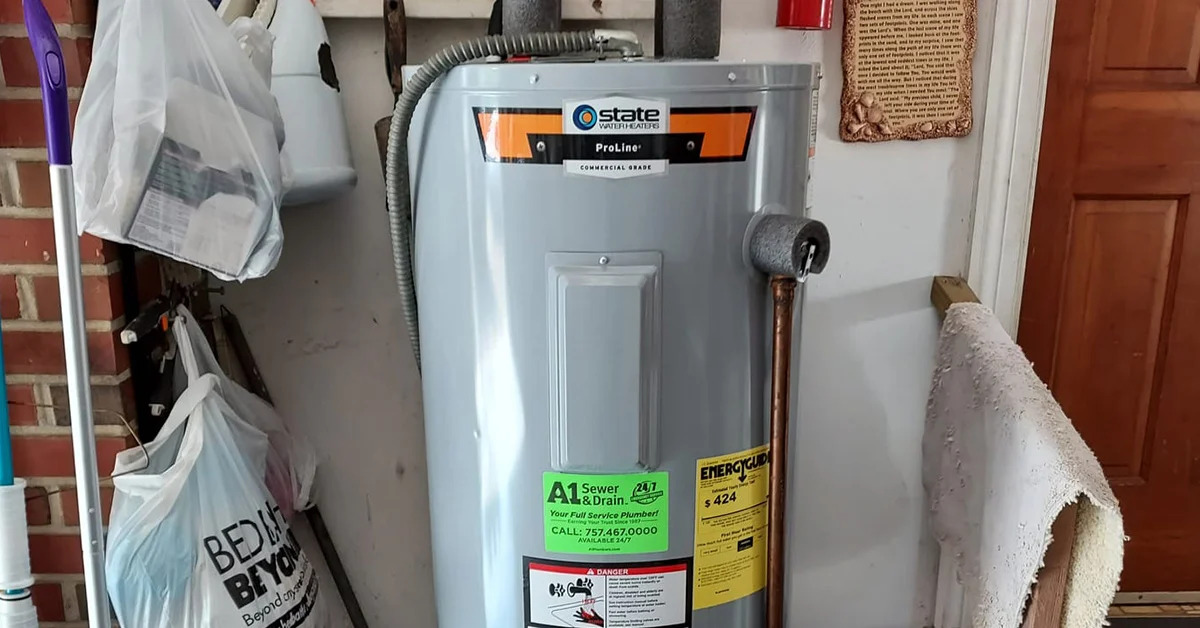

Articles
How Long Does A 50 Gallon Water Heater Take To Heat Up
Modified: March 25, 2024
Discover how long it takes for a 50 gallon water heater to heat up in this informative article. Learn all about water heater heating times and more!
(Many of the links in this article redirect to a specific reviewed product. Your purchase of these products through affiliate links helps to generate commission for Storables.com, at no extra cost. Learn more)
Introduction
Water heaters are an essential appliance in households, providing hot water for various daily activities such as bathing, washing dishes, and laundry. However, one common question that arises is how long it takes for a 50-gallon water heater to heat up. The heating time of a water heater depends on several factors, including the capacity of the heater, the initial temperature of the water, the type of heater, and other external factors. Understanding these variables can help homeowners manage their hot water usage effectively and ensure a ready supply of hot water when needed.
In this article, we will delve into the factors that affect the heating time of a 50-gallon water heater and provide valuable insights on how to calculate heating time and reduce it for optimal efficiency. So, if you’re curious about the time it takes for a 50-gallon water heater to heat up, read on to discover the answers and tips to improve its performance.
Key Takeaways:
- Understanding Water Heater Capacity
The 50-gallon water heater’s capacity determines the amount of hot water available, but it takes longer to heat up initially due to its larger size. Understanding this relationship is crucial for managing hot water usage efficiently. - Tips to Reduce Heating Time
Implementing strategies such as insulating the water heater, conserving hot water usage, and regular maintenance can reduce the time it takes for a 50-gallon water heater to reach the desired temperature, improving efficiency and saving energy.
Understanding Water Heater Capacity
Water heater capacity refers to the volume of water that the heater can hold. It is typically measured in gallons and is an important factor to consider when determining the heating time of a water heater. A 50-gallon water heater, as the name suggests, can hold up to 50 gallons of water. The capacity of the water heater determines the amount of hot water available for use at a given time.
Keep in mind that the stated capacity does not mean that the entire 50 gallons are instantly heated and ready for use. Instead, it refers to the maximum volume that the water heater can hold. When the water heater is initially filled, it may consist of a mixture of hot and cold water. The heating process begins when the heater is turned on and cold water flows into the tank.
It’s also important to note that water expands as it heats up. Therefore, a 50-gallon water heater may not provide a full 50 gallons of hot water since some space is required to accommodate the expansion. This is why many manufacturers suggest leaving a gap at the top of the tank to allow for the expansion without causing any damage to the system.
The capacity of a water heater is directly related to its heating time. A larger capacity water heater will take longer to heat up compared to a smaller one. So, while a 50-gallon water heater can provide a generous amount of hot water, it will take longer to heat up initially. Understanding the relationship between capacity and heating time is crucial in managing hot water usage efficiently.
Factors Affecting Heating Time
The heating time of a 50-gallon water heater is influenced by several factors. Understanding these factors can help homeowners gauge the approximate time it takes for the water heater to heat up and make adjustments as needed. Here are the key factors that affect heating time:
- Initial Temperature: The starting temperature of the water plays a significant role in heating time. If the water is already relatively warm, it will take less time for the heater to reach the desired temperature. On the other hand, if the water is exceptionally cold, it will require more energy and time to heat up.
- Type of Water Heater: Different types of water heaters have varying heating mechanisms and capabilities. Traditional storage tank water heaters heat the water gradually, while tankless water heaters heat water on-demand. Tankless water heaters generally have a faster heating time since they heat the water directly as it flows through the unit.
- Power Source and Efficiency: The power source of the water heater, such as gas or electricity, can impact heating time. Gas-powered water heaters typically heat up faster than electric ones. Additionally, the efficiency of the water heater has an effect on heating time. Higher efficiency models are designed to heat water more quickly, reducing the overall heating time.
- Insulation: The level of insulation in the water heater and its components can influence heating time. Well-insulated tanks retain heat better, minimizing heat loss and speeding up the heating process. Upgrading or adding insulation to the water heater can help improve its performance and reduce heating time.
- Water Heater Maintenance: Regular maintenance and proper care of the water heater can contribute to efficient heating and shorter heating times. Flushing the tank periodically, checking and replacing heating elements, and ensuring proper water pressure can all help optimize the performance of the water heater.
It’s essential to consider these factors when estimating the heating time of a 50-gallon water heater. While the exact time may vary depending on the specific circumstances, understanding the variables that influence heating time can assist homeowners in managing their hot water needs efficiently.
The time it takes for a 50-gallon water heater to heat up depends on the power source (gas or electric), but on average, it can take anywhere from 1 to 2 hours to fully heat the water.
Calculation of Heating Time
Calculating the heating time of a 50-gallon water heater requires considering the initial temperature, desired temperature, and the power input of the heater. While this calculation provides an estimate, it may not account for variables like heat loss and efficiency. Nevertheless, it can give you a rough idea of how long it might take for the water heater to reach the desired temperature.
To calculate the heating time, you can use the following formula:
Heating Time (in minutes) = (Gallons x Temperature Rise) / (Input Rating x Efficiency)
Let’s break down the formula:
- Gallons: This refers to the capacity of the water heater, which in this case, is 50 gallons.
- Temperature Rise: Calculate the difference between the desired temperature and the initial temperature of the water. For example, if you want the water temperature to increase by 40 degrees Fahrenheit, the temperature rise would be 40 degrees.
- Input Rating: The input rating represents the power input of the water heater measured in British Thermal Units per hour (BTU/h) or watts (W). It indicates the heating capacity of the unit.
- Efficiency: Efficiency refers to how well the water heater converts fuel or energy into heat. It is typically expressed as a percentage. For instance, an efficiency rating of 0.90 means the heater converts 90% of the energy input into heat.
By plugging in the appropriate values into the formula, you can have a rough estimate of the heating time. Keep in mind that this calculation assumes ideal conditions, and there may be variations in real-world scenarios.
It’s important to note that this calculation does not account for factors such as heat loss through insulation or the heating mechanism of the water heater. Consider it as a baseline estimate, and if you need precise information, it is best to consult the manufacturer’s specifications and guidelines.
Tips to Reduce Heating Time
If you’re looking to minimize the heating time of your 50-gallon water heater, there are several tips and strategies you can employ. By implementing these practices, you can improve the efficiency of your water heater and reduce the time it takes to heat up. Here are some helpful tips:
- Insulate the Water Heater: Adding insulation to your water heater can significantly reduce heat loss, allowing it to retain heat more effectively. This helps the water heater reach the desired temperature faster and improves overall energy efficiency.
- Lower the Initial Water Temperature: If you lower the temperature of the water in your tank when it’s not in use, the water heater won’t have to work as hard to heat it up. However, take care not to set the temperature too low to prevent bacterial growth.
- Use Hot Water Sparingly: Conserving hot water by being mindful of your usage can help reduce the demand on the water heater. Shorter showers, using cold water for small tasks, and running full loads in the dishwasher and washing machine can contribute to faster heat-up times.
- Flush the Tank Regularly: Over time, sediment can accumulate in the tank, affecting the efficiency of the water heater. Flushing the tank periodically removes this buildup, allowing the heater to operate more efficiently and reducing heating time.
- Maintain Water Heater Components: Regularly inspect and replace faulty heating elements, thermostats, and other components of your water heater. Ensuring that all parts are in optimal condition will improve heating performance and reduce heating time.
- Consider a Timer or Smart Thermostat: Installing a timer or a smart thermostat can help you schedule the heating cycles of your water heater, allowing it to heat up more efficiently during times of high demand.
Implementing these tips can improve the performance of your 50-gallon water heater and reduce the time it takes to heat up. Remember, proper care and maintenance are essential for maximizing efficiency and extending the lifespan of your water heater.
By following these strategies, you can ensure that you have a sufficient supply of hot water while also saving energy and minimizing the time it takes for your water heater to reach the desired temperature.
Conclusion
The heating time of a 50-gallon water heater depends on various factors such as the initial temperature, power source, insulation, and maintenance. While a 50-gallon water heater can provide a generous amount of hot water, it will naturally take longer to heat up initially due to its larger capacity. Understanding these factors and implementing strategies to optimize heating efficiency can help homeowners manage their hot water needs effectively.
It’s important to calculate the heating time using the appropriate formula, taking into account the gallons, temperature rise, input rating, and efficiency of the water heater. This calculation provides a rough estimate of the heating time, although variations may occur due to real-world conditions and other factors like heat loss.
To reduce heating time and improve overall efficiency, homeowners can employ several tips, including insulating the water heater, lowering the initial water temperature, conserving hot water usage, regular tank flushing, and maintenance of water heater components. These practices can help minimize heat loss, optimize heating performance, and ultimately reduce the time it takes for the water heater to reach the desired temperature.
In conclusion, understanding the factors that affect heating time and implementing strategies to reduce it can lead to a more efficient and reliable 50-gallon water heating system. By managing hot water usage effectively and maintaining the water heater, homeowners can enjoy a ready supply of hot water while saving energy and maximizing the lifespan of their water heater.
Frequently Asked Questions about How Long Does A 50 Gallon Water Heater Take To Heat Up
Was this page helpful?
At Storables.com, we guarantee accurate and reliable information. Our content, validated by Expert Board Contributors, is crafted following stringent Editorial Policies. We're committed to providing you with well-researched, expert-backed insights for all your informational needs.
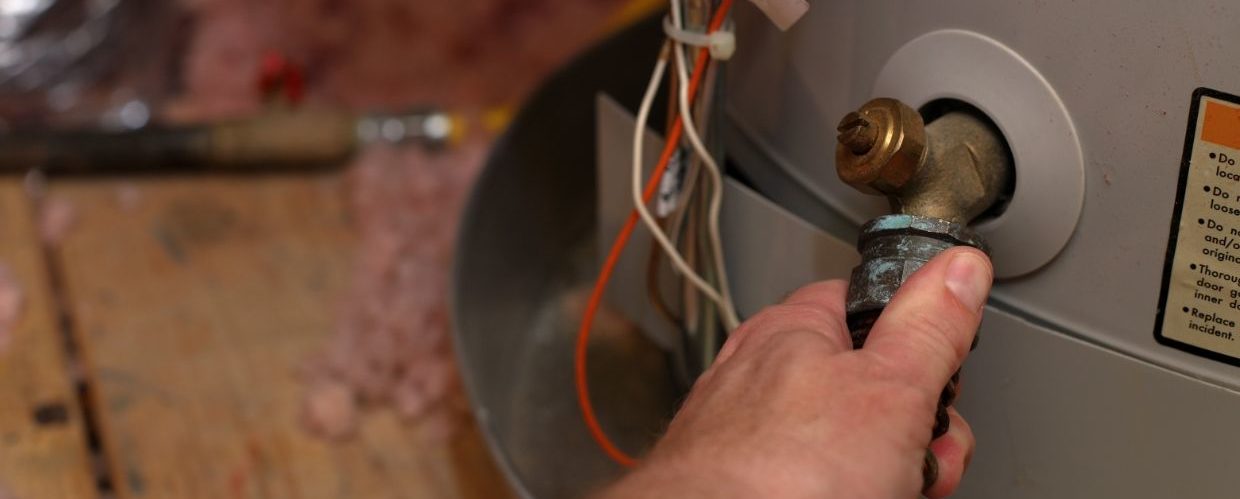
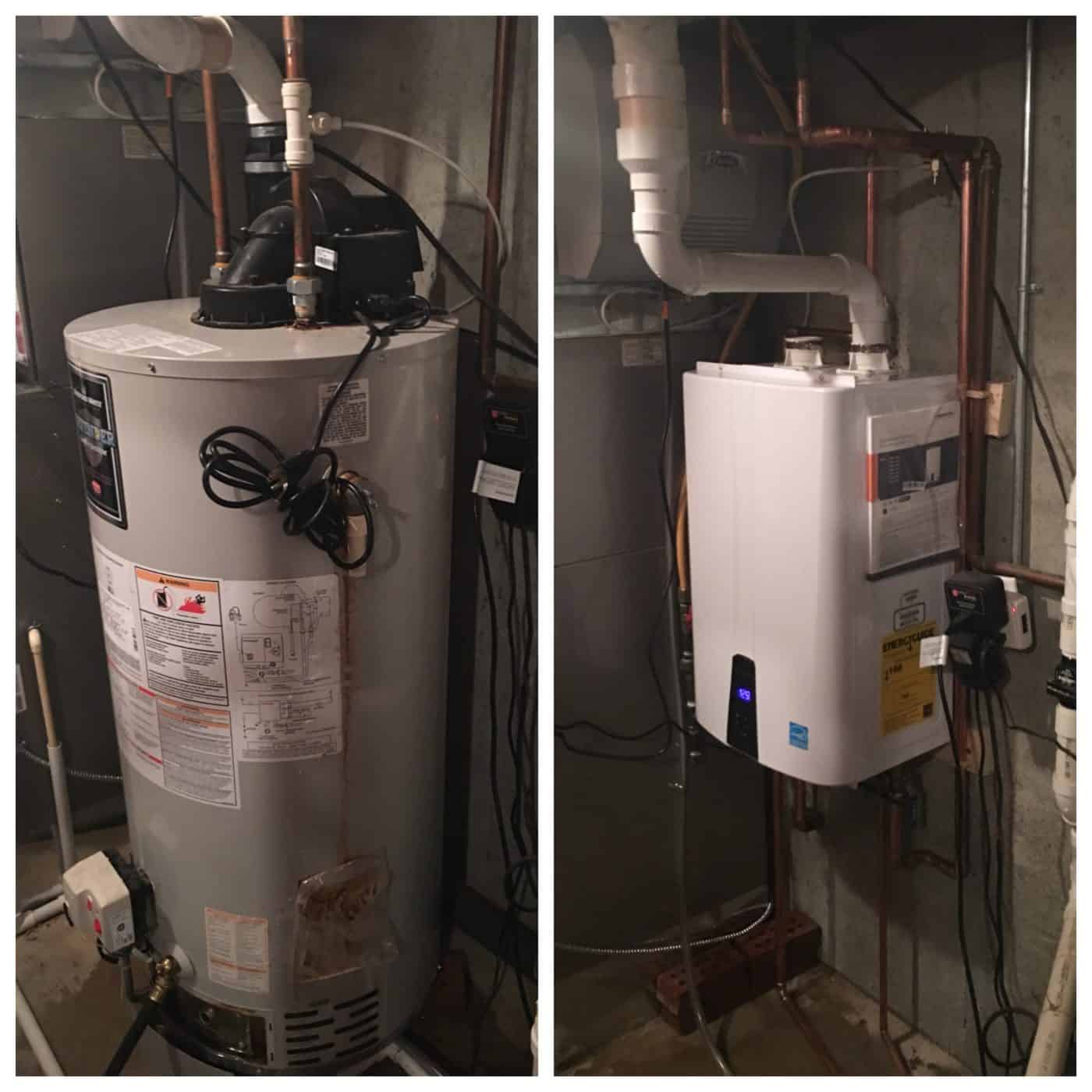
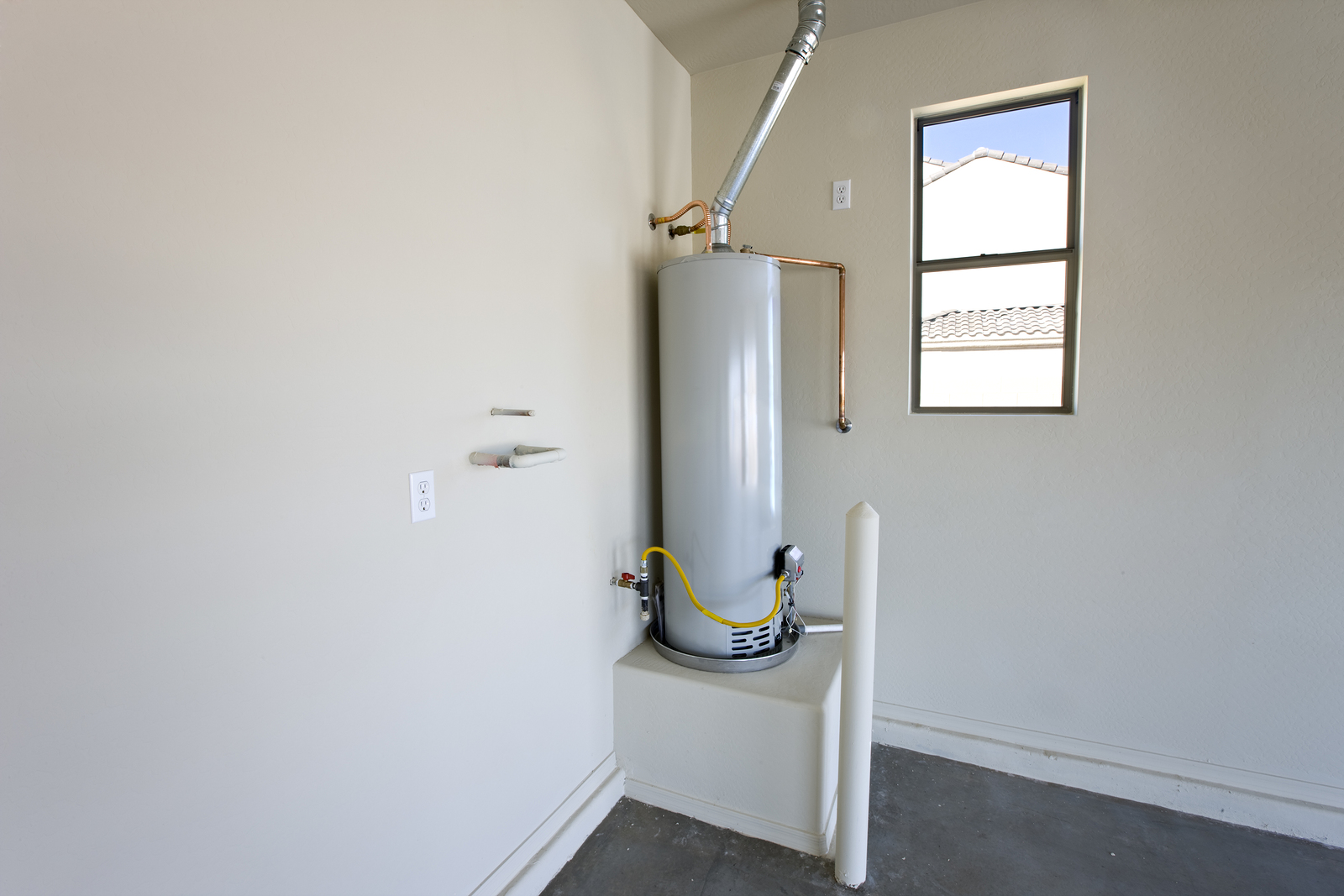

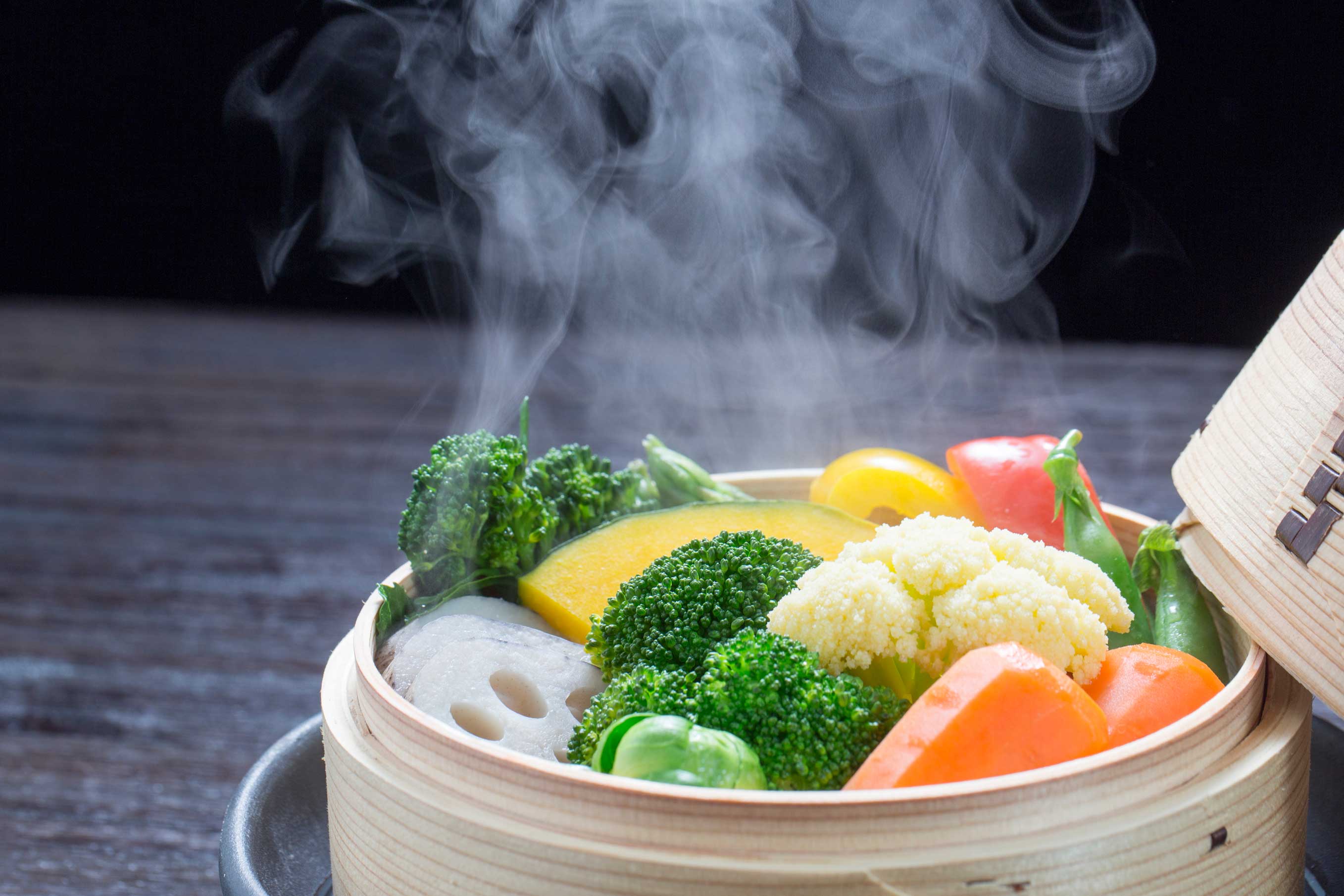
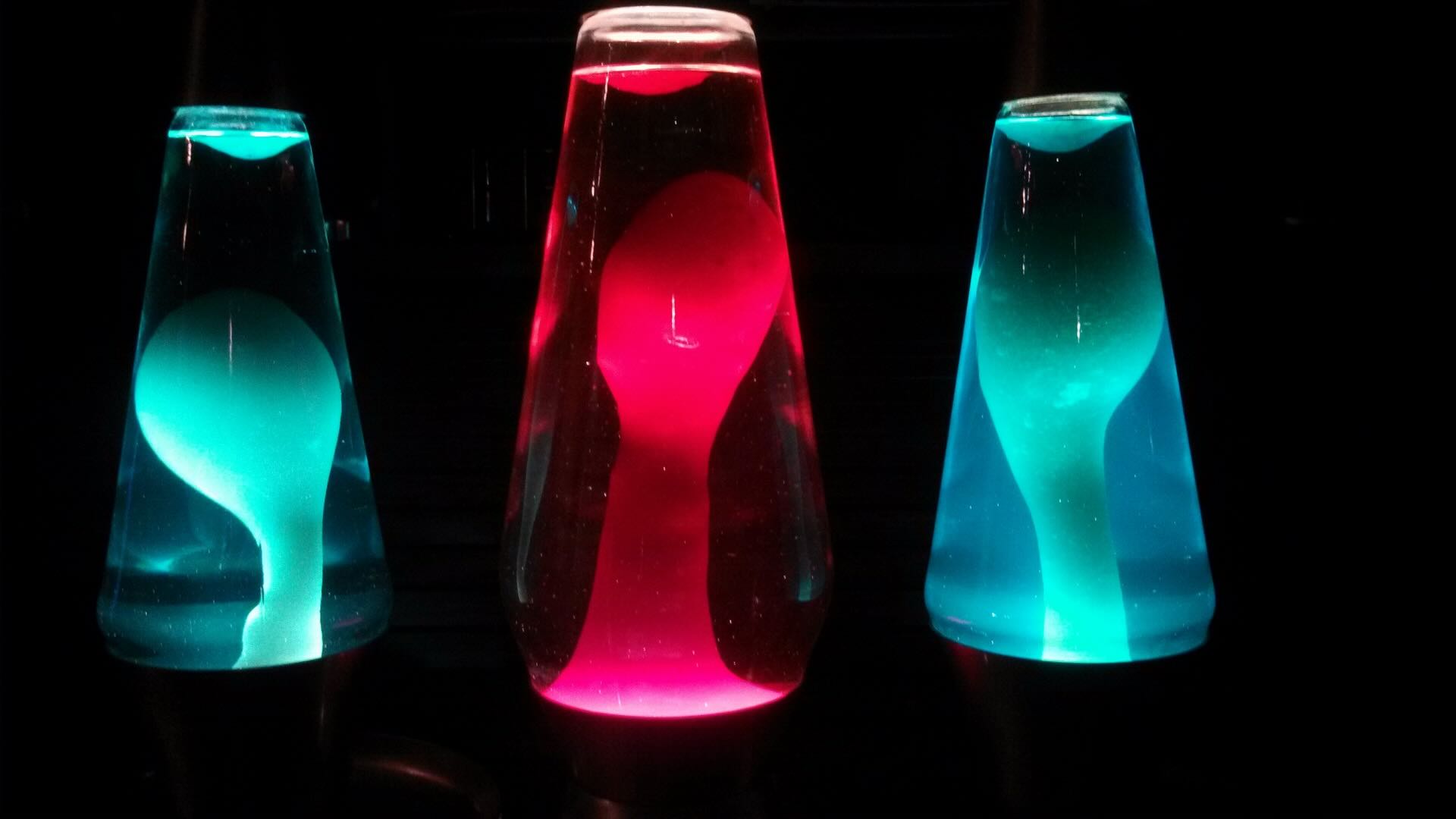
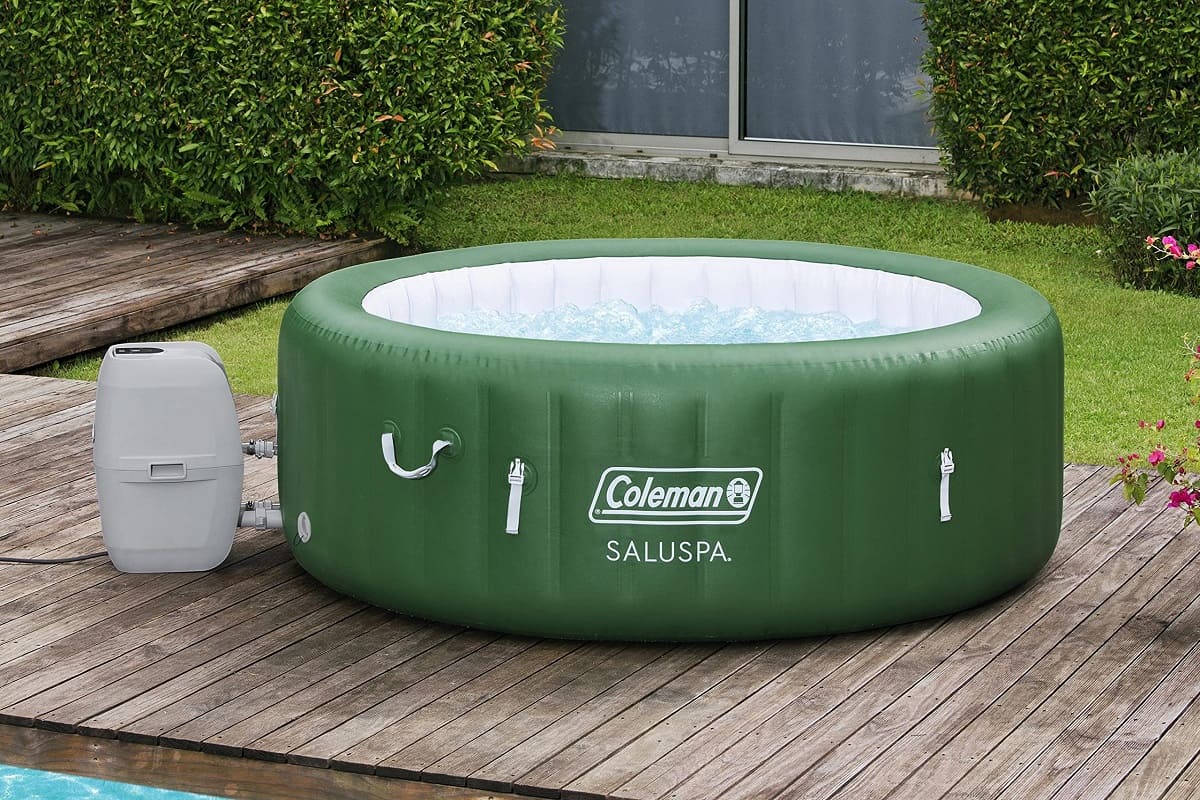
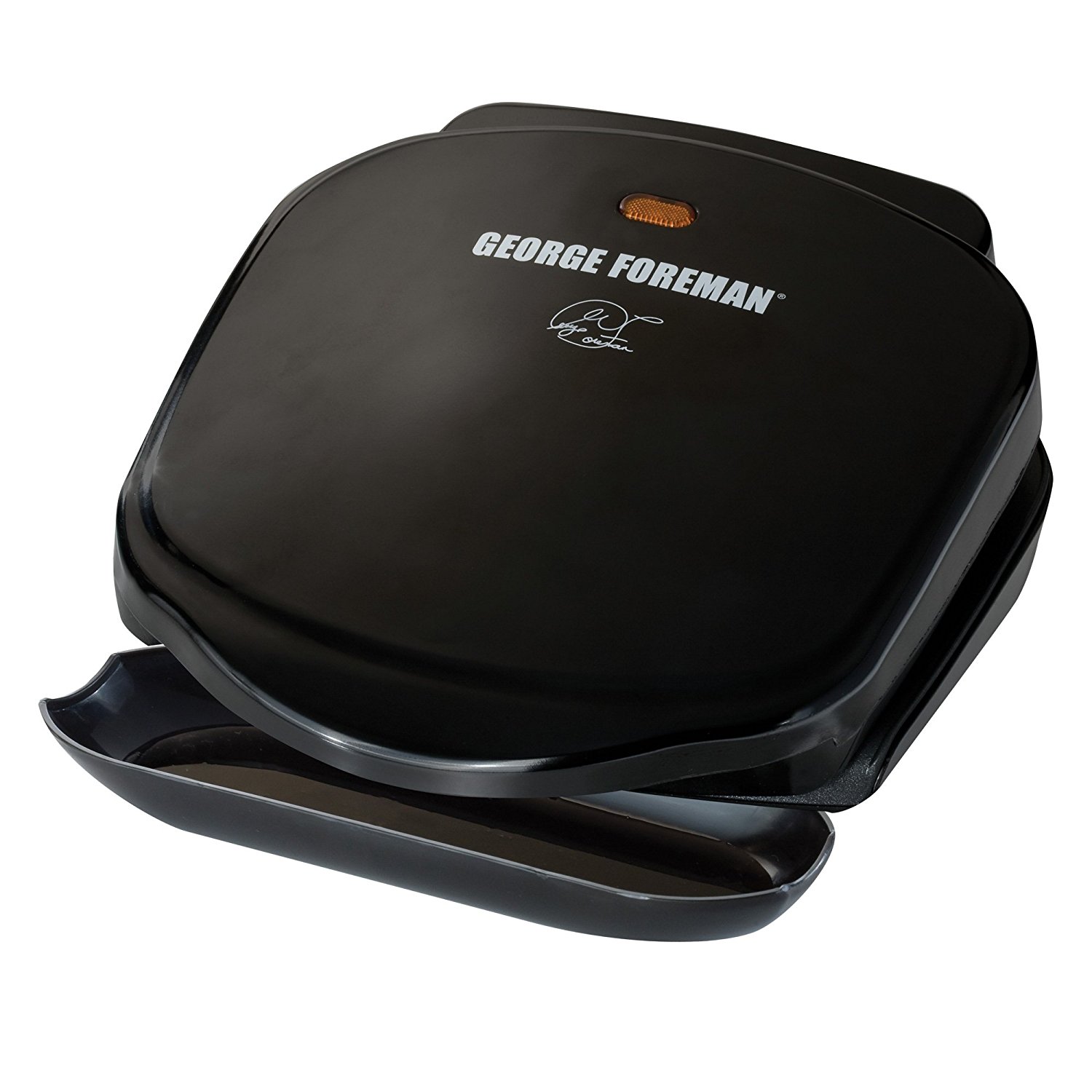
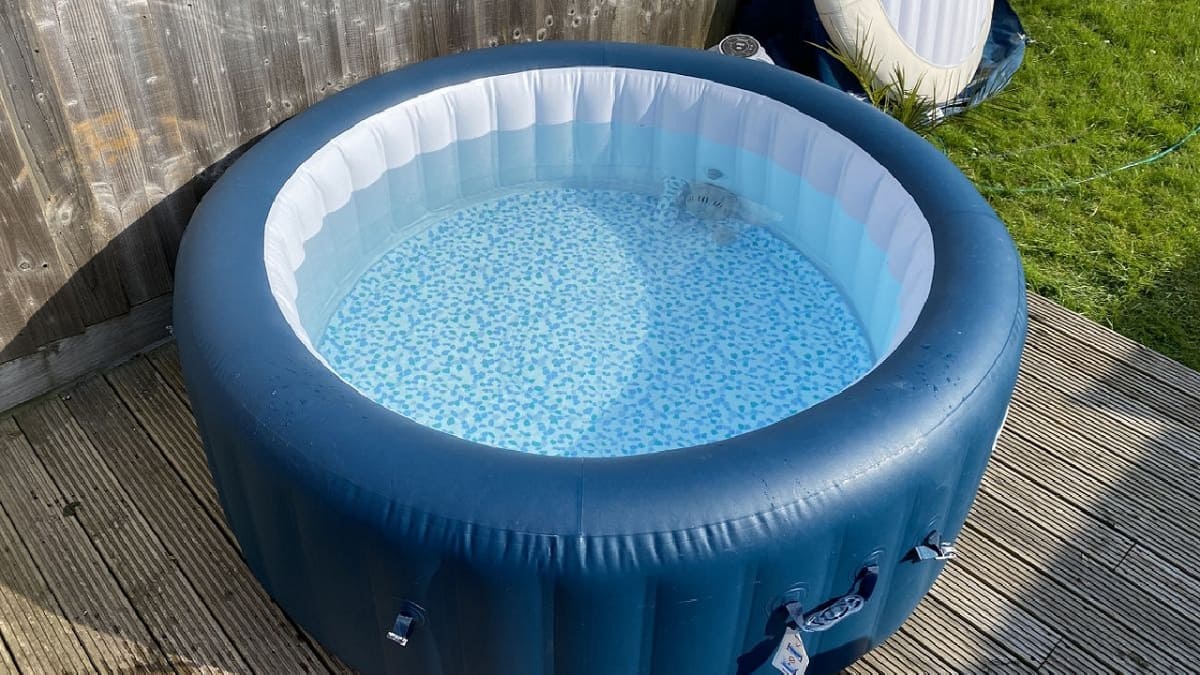
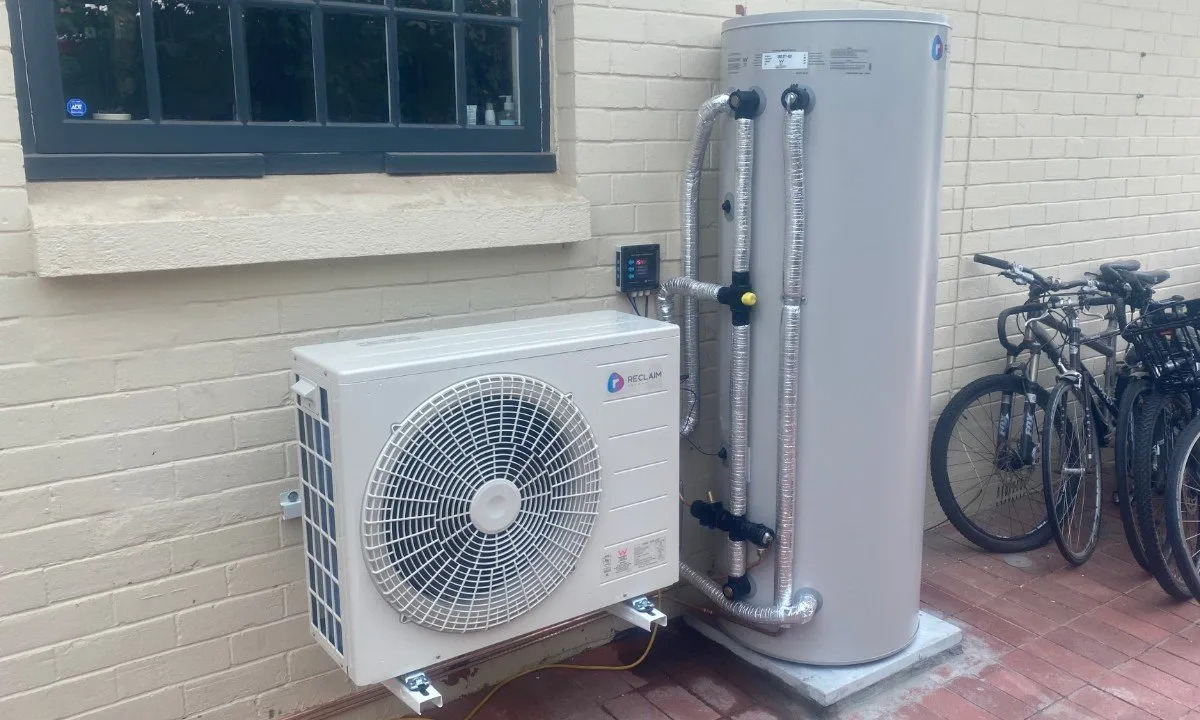
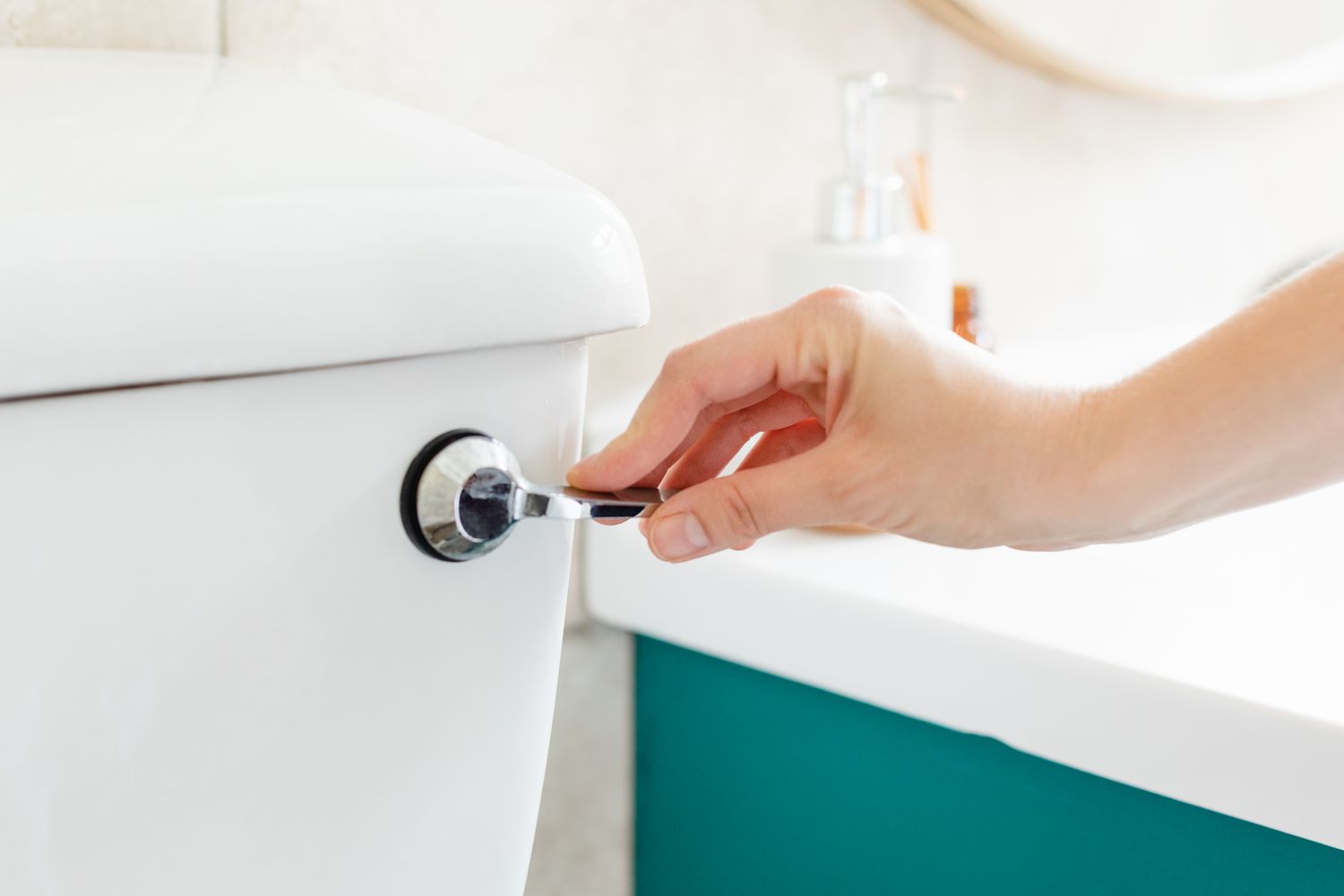
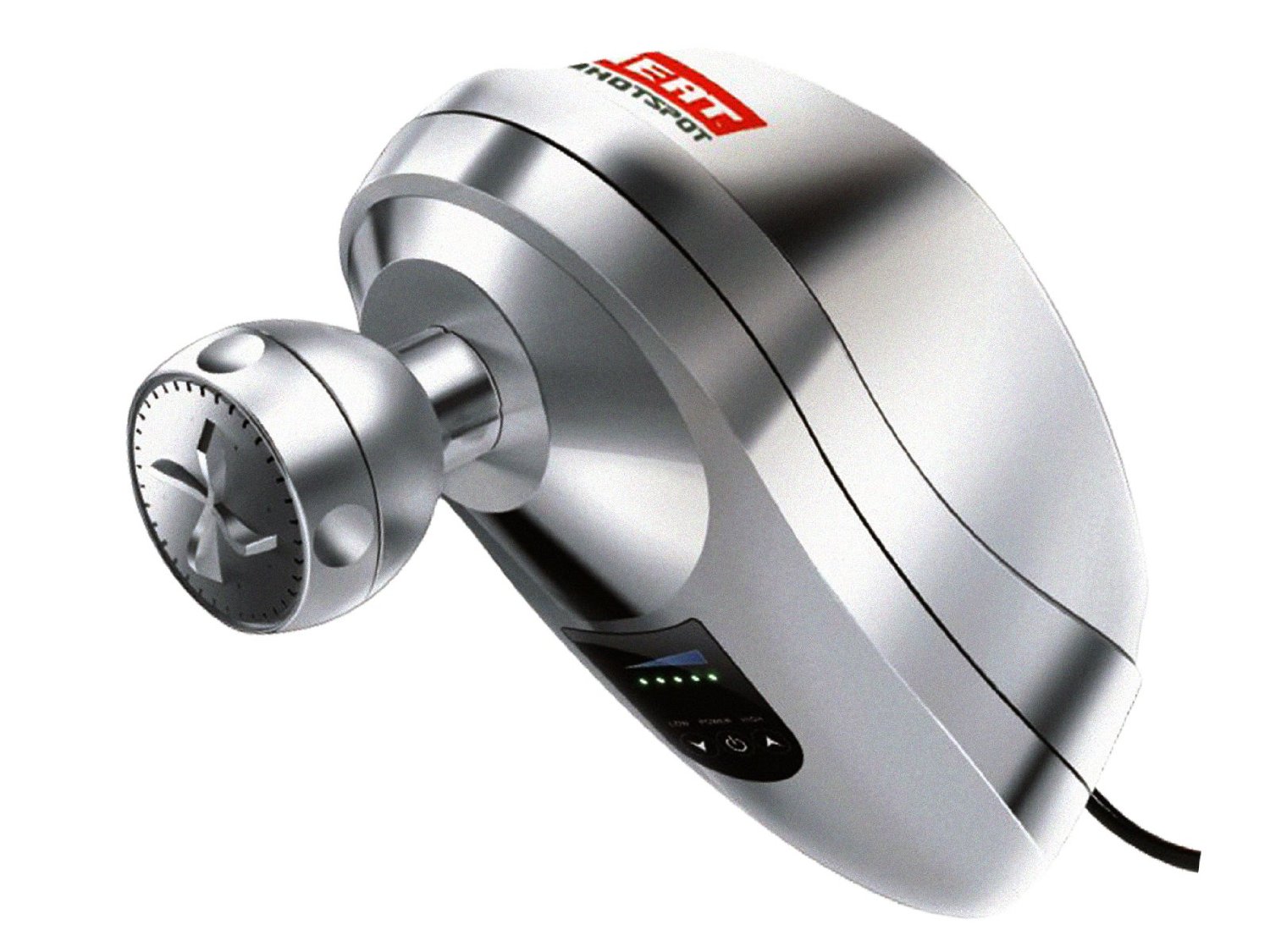
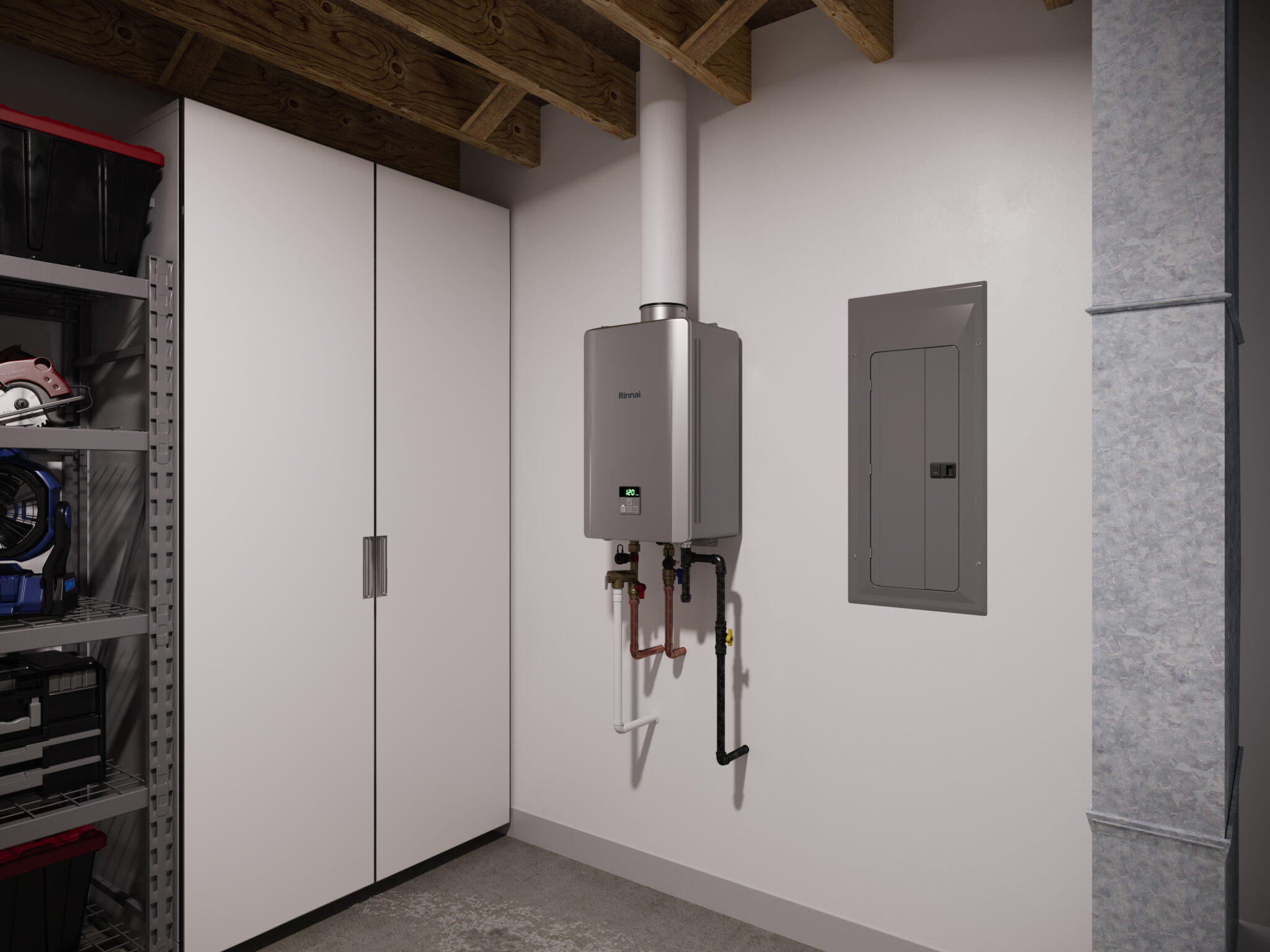
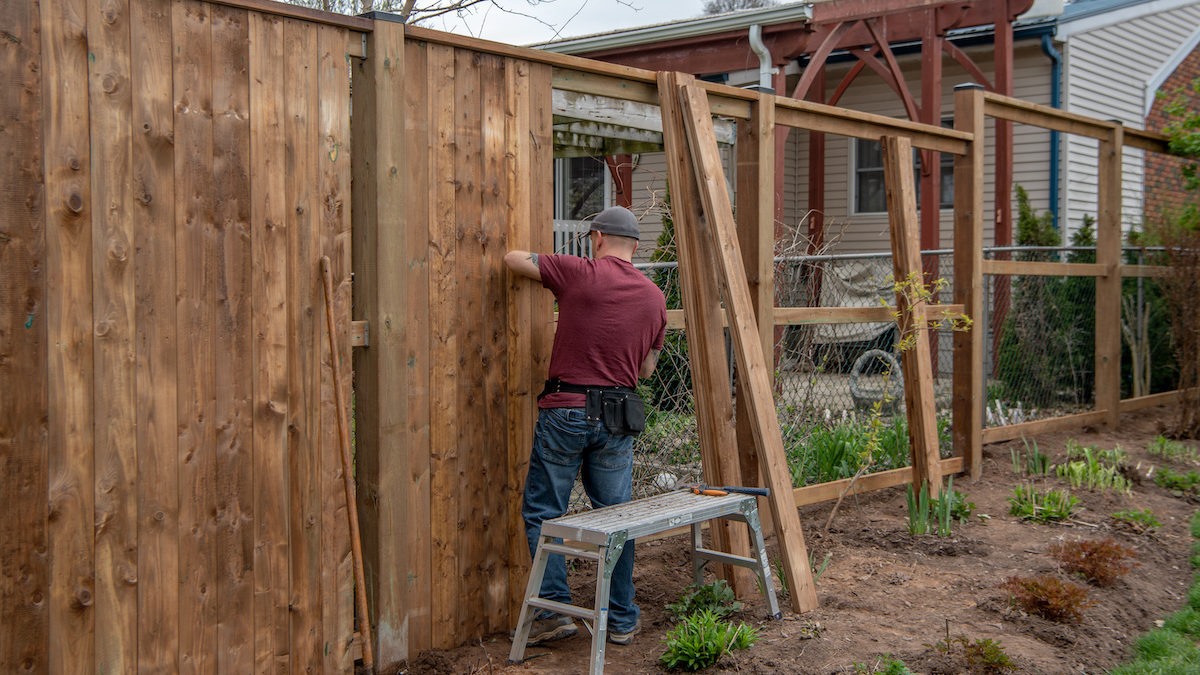

0 thoughts on “How Long Does A 50 Gallon Water Heater Take To Heat Up”